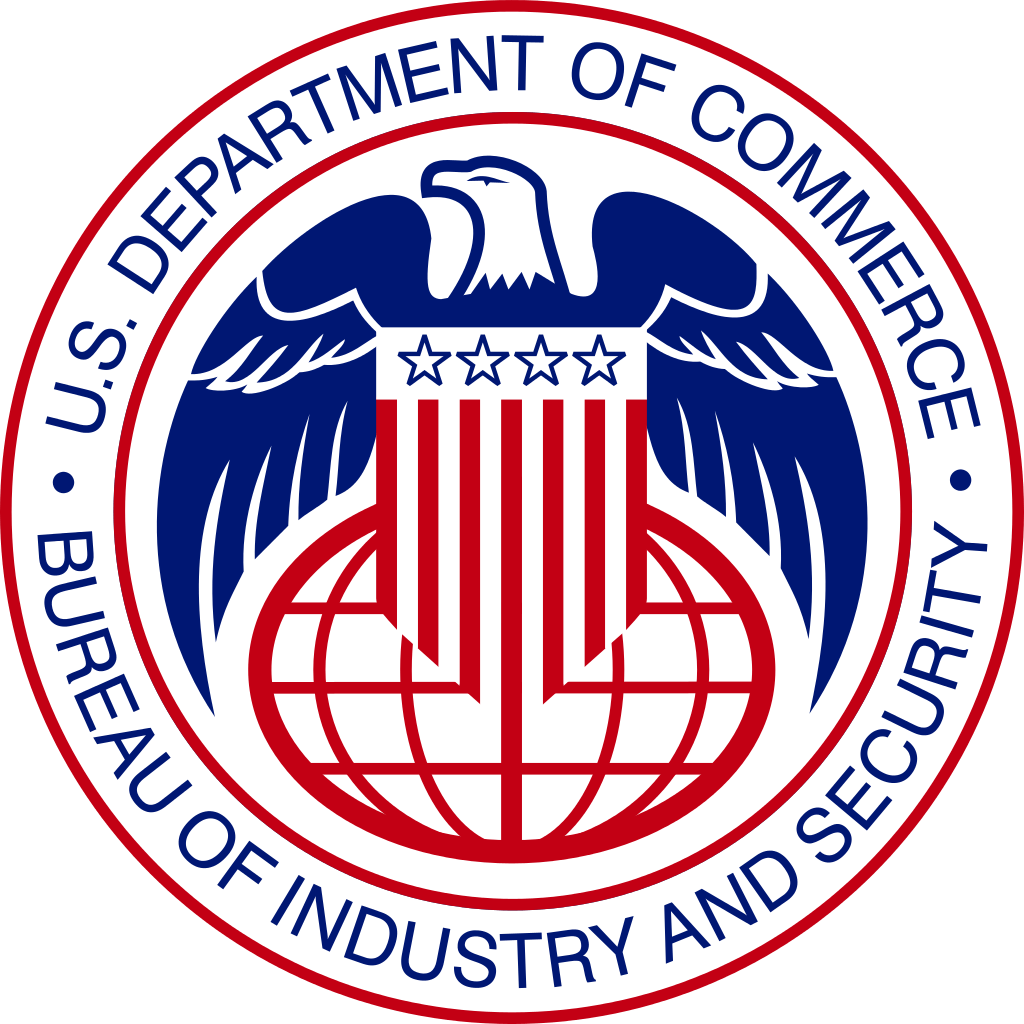by Brent Carlson and Michael Huneke

From left to right: Brent Carlson and Michael Huneke (Photos courtesy of authors)
In this era of heightened geopolitical tensions with a renewed focus on national security, a perfect storm of liability risk is brewing for boards of directors.
Sanctions and export controls violations can be costly and dangerous, with multi-billion-dollar fines and jail sentences imposed in 2023.
For companies engaged in international trade, these events engage directors’ fiduciary duties. Looking to bellwether Delaware corporate law, Delaware’s Chancery Court recently reiterated in the McDonald’s shareholder litigation that directors’ Caremark duty of oversight is a function of their duty of loyalty. As such, this reinforces the limits of the protections directors would otherwise have if it were instead a function of the duty of care—under both the business judgment rule and “exculpation,” i.e., the option corporations have to excuse in their certificates of incorporation directors’ liability for breaches of their duty of care (but not of loyalty).[1] Directors’ duty of oversight further requires ensuring that they receive information regarding any “central compliance risks,” not just “mission critical” risks, and that there is an appropriate response to red flags. Continue reading








